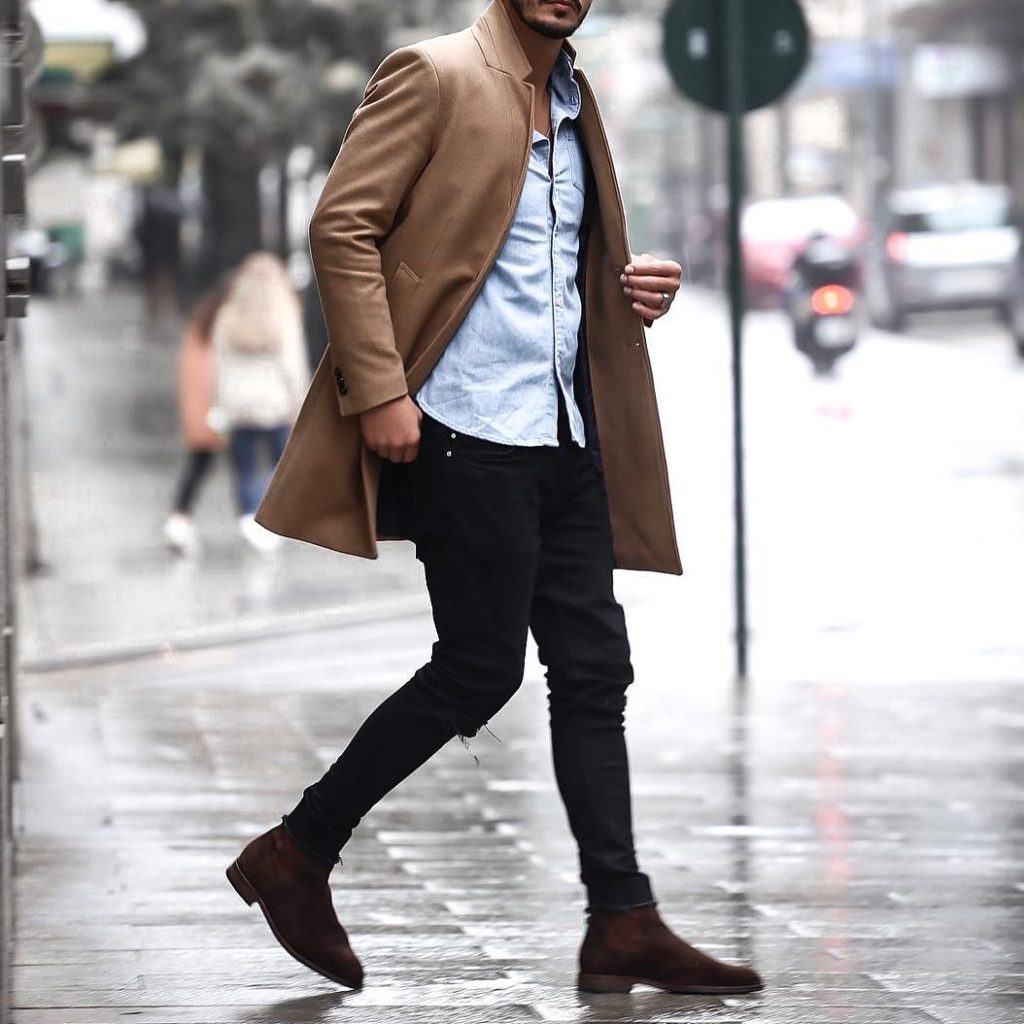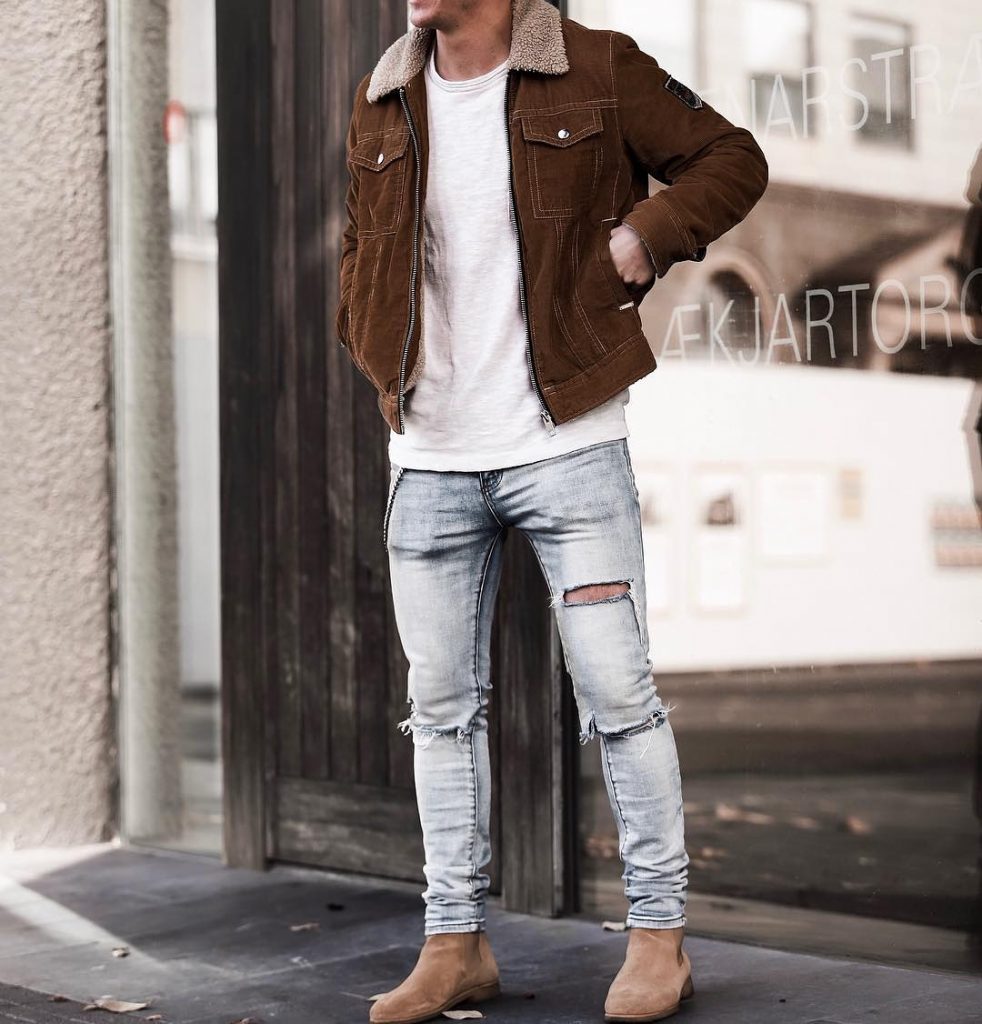Here we are at an uncertain moment. The seasons are changing and the outlook is unpredictable. Actually the weather has been doing all sorts of silly things for months now. What on Earth will happen next? The only way to deal with this sort of environmental unpredictability is to dress in outfits consisting of many layers which is called layering. This allows you to be prepared for a variety of temperatures and to move between a range of environments – from chilly streets to heated or air-conditioned buildings – in comfort.
How to do it properly? The cardinal rule is to ensure that your outfit still works whenever you add or remove a layer. Always pick pieces that work together, either colour-wise or thanks to complementary materials. This doesn’t mean, however, that you need to restrict yourself to a single style – you can experiment by mixing different pieces, such as more casual padded jackets with work-friendly suits and blazers, or by substituting knitwear for more formal pieces. But remember, each piece in the look should work independently, too, and the lower layers should be appropriate to where you are going and what you’ll be doing.
DON’T BULK UP
As a general rule of thumb, your layers of clothing should start thin and become progressively thicker as you move away from the body. So, start with something like a T-shirt, layer over a shirt and a denim jacket and then wear an overcoat over that. The outer layers should also be looser so you can actually move. This means that in colder weather it’s easy to remove the warmest layer to ensure you don’t boil when indoors. In order to ensure that you don’t look overly bulked up, look out for raglan sleeves for the top coat. This sleeve style starts at the collar, so there is no bulky shoulder seam to crumple up what you’re wearing beneath. Also, if a bit of air can circulate between the layers it will help to keep you warm.
BE CAREFUL WITH COLOUR
When wearing multiple layers it is best to play it safe, colour-wise. After all, you don’t want to end up looking like a traffic light. Instead, think tone-on-tone dressing so that all the layers work together. Grey is a particularly easy colour to work with – you can go from dove grey to charcoal layers in complete confidence. These tonal combinations tend to work best if you start with the lightest shade for the inner layer and then to go darker as you work outwards. The other trick is to play with well-established families of colours that you know work well together. So, start with a plain white T-shirt and then play with shades of blue on top. And if you do want a pop of colour, you could finish with a shade of red as the final touch.

POP YOUR COLLAR
SINTRA IN THE CHANGING OF THE SEASONS
With these new tips in mind, start approaching your Fall/Winter outfits with a clear mindset. Simplicity in layering and color combinations are a great place to start and Sintra7 has the shirts and hats to start off your next great look.
A huge thank you to the Man Fashion ([email protected]) for this guest blog.









